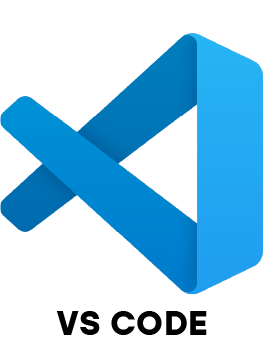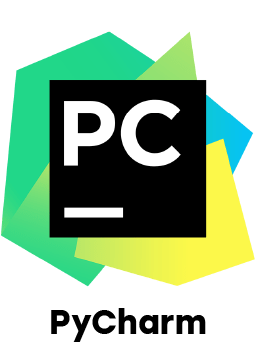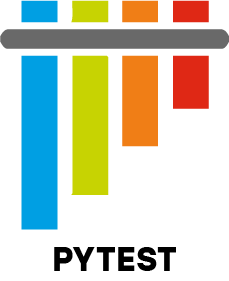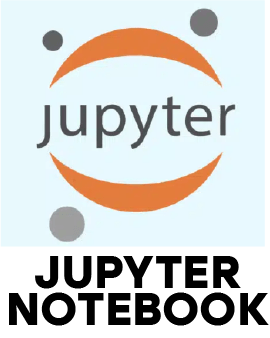About Python Master Program Training Course
We would do whatever it takes to make this a definitive Python master course. We will try to cover almost all the major topics related to Python Master Program technology. This would be your unique destination to learn Python Master Program.
Learning Python Master Program can help open up many opportunities for your career. It is a great skill-set to have as many developer roles in the job market requires proficiency in Python. Mastering Python can help you get started with your career in IT. Companies like: TCS, Capgemini, Accenture, Mphasis, Paypal and MindLabs, etc. are all hiring Python developers.
This course will not only cover the core issues, but will also cover many more advanced topics. This course is going to be one of the most comprehensive course on ACTE. Core Python, advanced core topics and MySql; THERE IS NO PROBLEM. Everything is covered.
Python Master Program has become a very sought after job in the industry. Python programming language is a much more preferred coding language than C++ and Java. This is because a Python code is not only shorter and more readable than its popular peers but is also very versatile.
Apart from being an open-source programming language, it is also one of the most versatile programming languages. developers use it extensively for application development and system development programming. Also, reduced coding effort and better test performance ensure better programming.
Learning Python may enhance your Job opportunity. If you want a job programming in Python, prepare to do a lot of work beforehand. The language is easy to pick up, but you need to do more than just learn the basics; to get a job, you need to have a strong understanding of some pretty complex processes.
We are happy and proud to say that we have a strong relationship with over 700+ small, mid-sized, and MNCs. Many of these companies have openings for Python analyst. Moreover, we have a very active placement cell that provides 100% placement assistance to our students. The cell also contributes by training students in mock interviews and discussions even after the course completion.
Python has a very simple and elegant syntax. It's much easier to read and write Python programs compared to other languages like C++, Java, C#. Easy to learn - Python has a simple and elegant syntax. It's much easier to read and write Python programs compared to other languages like C++, Java, C#.
It is not mandatory to know any other programming language before learning Python. If you have time to learn and an interest in programming, then you can easily learn Python. The prerequisite for learning Python is a basic knowledge of concepts like Variables, Loops, Control Statements, etc.
Programming is simply based on logic. If you have a great sense of logic, you can start with virtually any language, along with.Net, Java, etc. Students can still choose PYTHON as their first language, even without any programming background. It is because PYTHON has a consistent and simple syntax and a vast library.
Our courseware is designed to give a hands-on approach to the students in Python Master Program. The course is made up of theoretical classes that teach the basics of each module followed by high-intensity practical sessions reflecting the current challenges and needs of the industry that will demand the students’ time and commitment.
It's always worth learning a programming language that is popular and commonly used. Every programming language has its pros and cons and different languages answer different needs. Learning Python has a lot of advantages, though. It's relatively easy to learn and has a solid set of scientific libraries.
Three-Four months is long enough to learn a considerable amount of Python Master Program. If you are already able to fluently program in another language and have experience designing systems (Software Engineering), then 2 months would be a generous amount of time to learn enough Python Master Program to meaningfully contribute in a professional capacity.
- Data science.
- Scientific and mathematical computing.
- Web development.
- System automation and administration.
- Computer graphics.
- Basic game development.
- Security and penetration testing.
Show More











































